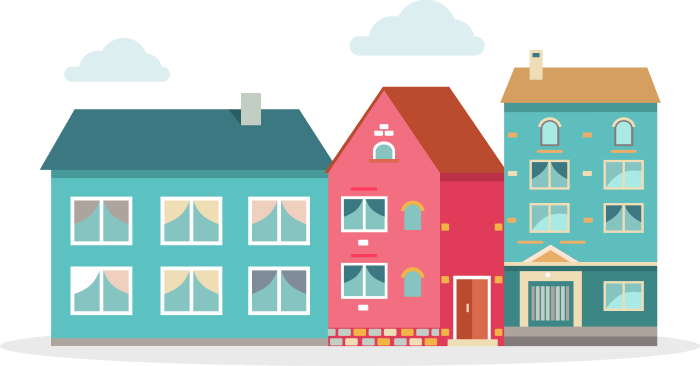Cleveland
We did the research. Find a place to call home.
B+
Quality of Life Score
Cleveland Information
356,556
Total Population
45%
Married Persons
55%
Single Persons

7/10
City Rating
City ratings are often based on a variety of factors including quality of life, economic opportunities, safety, education, and more. A rating of 7 or higher might suggest a city with a relatively high quality of life and desirable living conditions. Ratings below 5 might indicate challenges or lower overall satisfaction.
7/10
Overall Value
This is a broader rating that takes into account multiple factors affecting the overall appeal of a city. Ratings above 7 might indicate a highly attractive city, while those below 5 might suggest areas for improvement.
10/10
Density (Population per mile²)
City density refers to the concentration of people living within a city's geographic area. It is typically expressed as the number of residents per square mile or square kilometer. Higher density indicates busier streets, more crowded living conditions, and increased access to amenities and services.
4794
Cleveland
260,000
Reno
City Info
Cleveland is the most populous city on Lake Erie and the second-most populous city in Ohio, with a 2025 estimated population of approximately 356,556. It serves as the county seat of Cuyahoga County and anchors the Cleveland metropolitan area, which has about 2.18 million residents. The city has a rich industrial history and is known for its cultural institutions, healthcare centers, and revitalized downtown. Cleveland’s population has declined slightly in recent years at a rate of about -0.85% annually.
Residence
51% (Homes Rented)

70 Years
Median Home Age
$94,100
Median Home Price
3%
Home Aappreciation Rate
2.1%
Annual Property Tax
Weather
60%
Sun
25%
Rain
15%
snow
Residence
Cleveland’s housing market includes many historic homes and a substantial rental population. The city experiences four distinct seasons, with cold, snowy winters and warm summers.
Community
7
Crime Rate (per 100,000)
Democratic
Political Majority
36
Average Age
Community
Cleveland is a diverse city with a racial composition of approximately 46% Black or African American, 34% White, and 13% Hispanic or Latino. The city has a median household income of about $39,187 with a poverty rate near 30.8%.
Locale

Occupation
25%
Management, Business, Art & Sciences
20%
Sales & Office Occupations
15%
Service Occupations
15%
Production, Transportation & Material Moving
5%
Natural Resources, Construction & Maintenance
Education
1:20
Student Teacher Ratio
25%
High School Diploma
30%
Some College or Associates Degree
15%
Bachelors Degree
10%
Graduate or Professional Degree
Locale
Cleveland’s economy includes healthcare, manufacturing, education, and technology sectors. The city is home to major universities and medical centers, contributing to a skilled workforce and ongoing urban revitalization efforts.
Transit
27%
Public Transportation
70%
Car
10%
Carpool
10%
Work At Home
Transit
Cleveland has an extensive public transit system including buses and a light rail, facilitating efficient commuting and reducing traffic congestion. The city’s infrastructure supports access to employment centers and cultural amenities.


